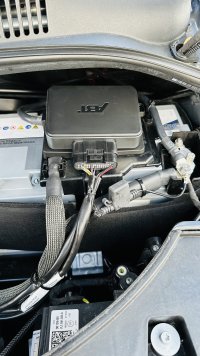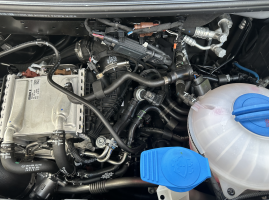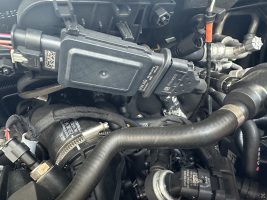They also will generally have some penalty for any perceived benefits . . e.g. "low-down driveability" used to be something oft quoted for remaps, translated that's "increased low end boost", sending higher torque figures through the clutch(es) at low rpms isn't a great idea.
I have been down the whole modifying scene many years ago and have the blown turbos to prove it (despite carefully considered components, correct mechanicals and high-end custom remaps); if you demand more of an engine, it'll work harder and fail more quickly as a rule.
Remaps definitely invalidate your warranty and they're obvious if they're there, I imagine even more so now than ever with more sophisticated ECUs. "Tuning boxes" used to be commonplace to get around that sort of thing as you could take them off, but even the sophisticated ones were crude and typically just overfuelling devices, so not going to benefit anyone looking for efficiency gains (I imagine these days with DPFs standard they would cause a whole world of pain).
Modern engines are pretty finely balanced things and there's not a huge amount of waste in a Cali diesel engine, you don't see masses of unburnt fuel and the gearbox already strives for economy. If the fuel is already being effectively converted into mechanical power, I can't see how a remap could liberate much fuel economy benefit, although performance is a different matter and the rabbit hole is deep in that area!
Last thing; be wary of people claiming vastly improved efficiency after remaps - I can't comment on how they work with the very latest of engines, but certainly in years gone by what the ECU thinks the engine is consuming isn't necessarily on par with what it actually is once it's been remapped, giving the illusion of better economy "on paper". If someone's claims are backed up with tank-to-tank actual measurements then fair enough though.



















